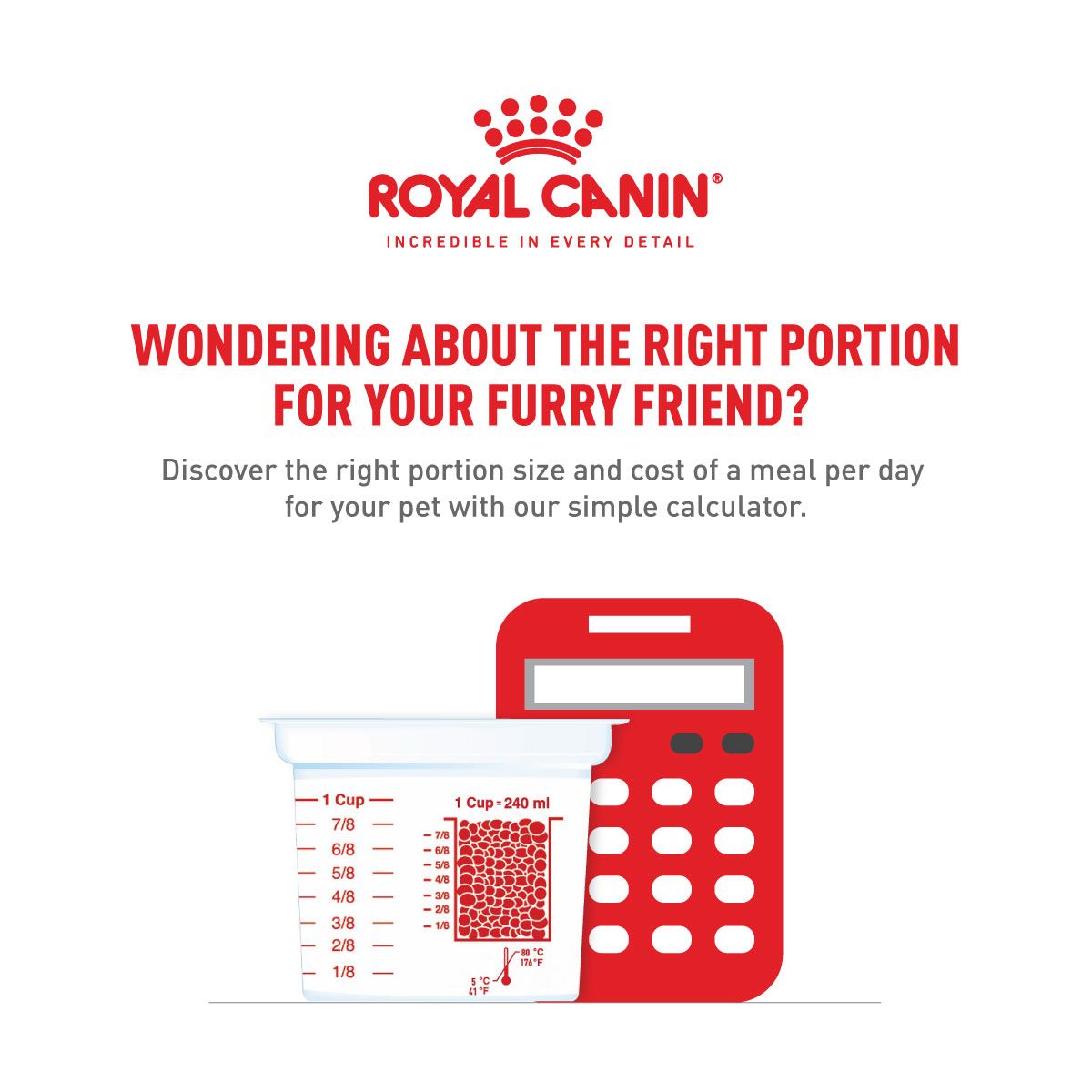Why should I subscribe?
For hassle free auto deliveries
Easy modifications
No hidden charges
How can I subscribe?
On product description page click subscription button and choose the desired frequency
Basis the selected frequency the ongoing mandate will be created
How do I cancel the subscription?
Under ‘My Account’ section click subscription tab
Select a cancellation reason
Click cancel my subscription
Need help with subscription? Call us at 9810892953











